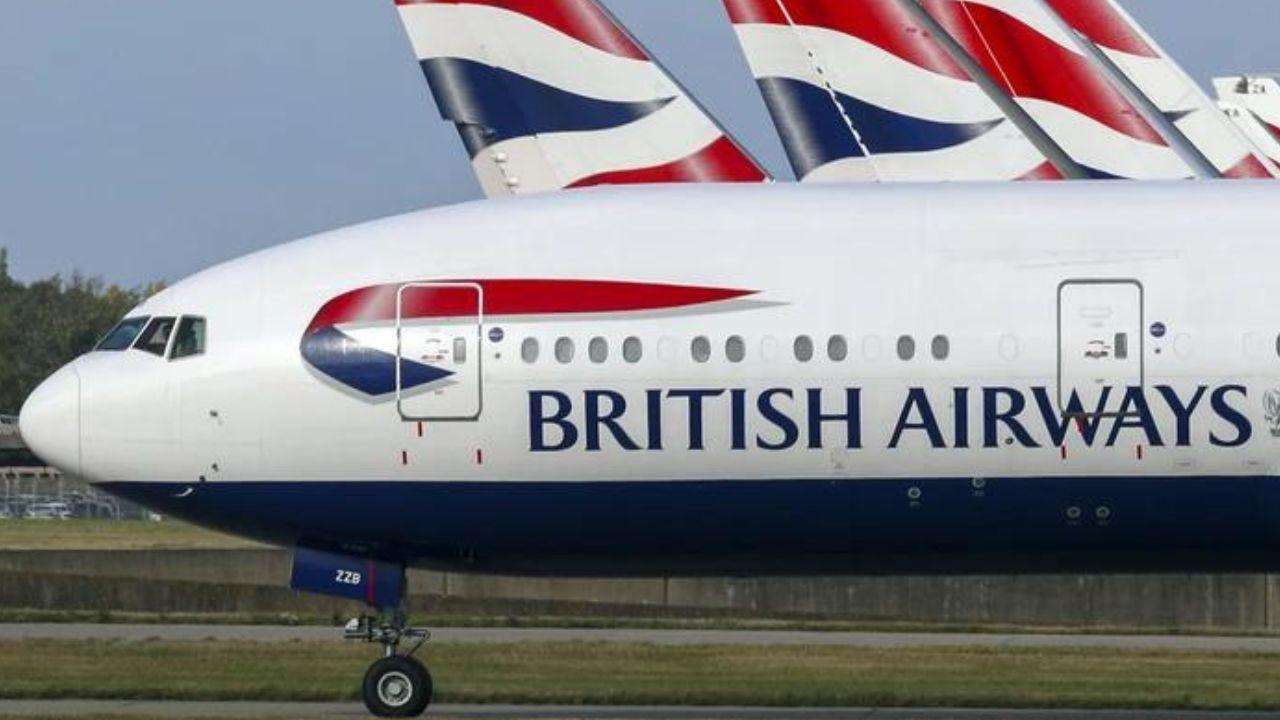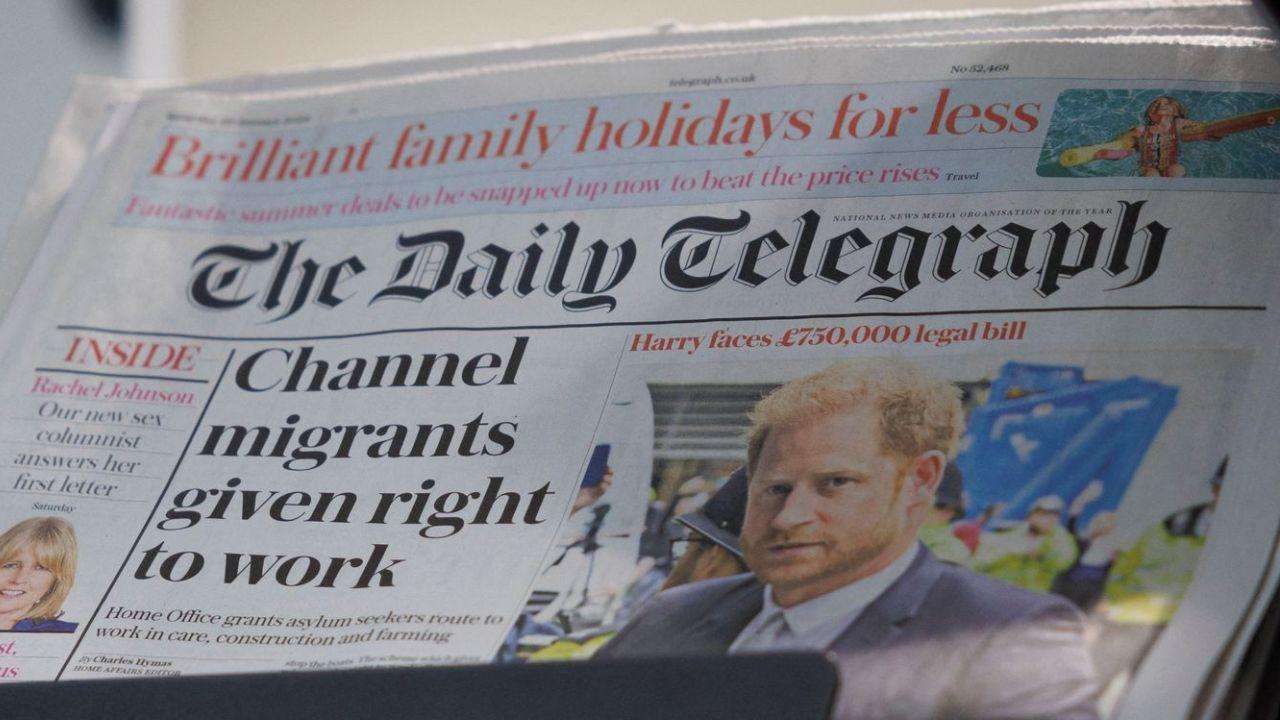After EU documents indicated Brussels was "not prepared" to amend legislation, industry insiders have urged the UK government to find a solution to post-Brexit limits on live music touring.
After EU documents indicated Brussels was "not prepared" to amend legislation, industry insiders have urged the UK government to find a solution to post-Brexit limits on live music touring.
According to Brussels, the prime minister's preferred agreement is unfeasible since it necessitates revising the TCA, as the Financial Times revealed last week. The European Commission was "not prepared to consider" many of the adjustments that the industry claims are necessary, according to internal briefing documents.
Industry experts stated that this was a critical matter. "The new UK government's welcome resolve in tackling these issues must not be diminished," stated Tom Kiehl, chief executive of UK Music.
"Brexit regulations make touring in Europe expensive, complicated, and sometimes impossible for musicians," stated Deborah Annetts, CEO of the Independent Society of Musicians (ISM). It is crucial for our industry to remove these obstacles.
A 2023 survey by the ISM showed that, since Brexit, almost half of UK musicians and music industry workers have had less work in the EU, and more than a quarter had none at all.
“The UK’s exit from the EU has created significant barriers that have made live music touring more expensive, bureaucratic and confusing for musicians, artists and crew,” said Kiehl. “This is hampering our £6.7bn music industry’s ability to grow. The number of British artists booked for EU-based festivals is down by a third on pre-Brexit levels.”
The Featured Artists Coalition (FAC), a trade body, was instrumental in the Let the Music Move campaign, which argued against post-Brexit red tape. “It’s a really fundamental issue,” said David Martin, the chief executive of FAC, . “To put it into context, in 2019, the EU was the biggest touring market for British musicians. The next biggest was the US and that was a quarter of the size.”
The costs and time added by post-Brexit restrictions have meant a loss of work, an erosion of “cultural exchange” between the EU and UK, and reduced opportunities for UK musicians to get experience on the road and build their fanbase, Martin said.
Labour’s manifesto pledge sparked hope in the industry. “With the previous government, it felt like we were having to convince them of the importance of this issue. This is something the current government recognises as a priority,” said Martin. “So that is different, but it doesn’t mean we can take our foot off the gas in terms of highlighting the importance of it.”
The EU briefing documents have not come as a complete surprise. “We weren’t under any illusion that this would be as simple as this is done on day one,” said Martin. “I don’t think it’s a complete deflation moment, but it brings forward the reality of the complexity of the government negotiating with the EU on this It underlines the need to get around the table. It’s not great news, but perhaps it drives home that it won’t be as straightforward as people thought.”
In order to avoid altering the TCA, Kiehl proposed the creation of a distinct "cultural touring agreement."
"The FAC and the wider music industry will definitely hold government to account on this," stated Martin.
In order to avoid altering the TCA, Kiehl proposed the creation of a distinct "cultural touring agreement."
"The FAC and the wider music industry will definitely hold government to account on this," stated Martin.
In order to avoid altering the TCA, Kiehl proposed the creation of a distinct "cultural touring agreement."
"The FAC and the wider music industry will definitely hold government to account on this," stated Martin.
In order to avoid altering the TCA, Kiehl proposed the creation of a distinct "cultural touring agreement."
"The FAC and the wider music industry will definitely hold government to account on this," stated Martin.








.svg)




